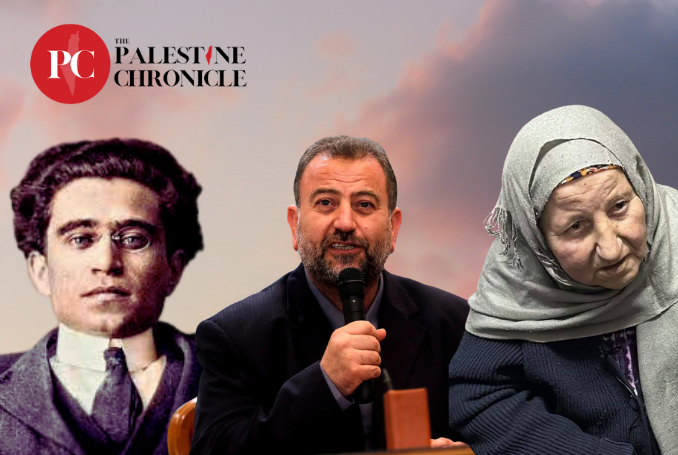
By Romana Rubeo 
As I listened to the powerful message of Arouri’s mother, I felt that Gramsci’s fear of hurting his mother had been addressed, in the most convincing way possible.
Saleh al-Arouri, the deputy head of Hamas’ political bureau, was assassinated on Tuesday, January 2, by an Israeli drone while in an office in a southern suburb of West Beirut.
Soon after the news of his death spread, spontaneous protests broke out in several cities of the occupied West Bank and in his home village, Aroura, located near Ramallah.
A Mother’s Message
Journalists reached out to al-Arouri’s family and managed to speak to his 82-year-old mother, Aisha.
Although struck with sorrow, the woman told the world how proud she was of her son’s decision to devote his entire life to the liberation of Palestine.
“May Allah be pleased with him. Every time a leader dies, a new one arises and turns out to be better. Allah is generous,” Aisha said.
“I have not seen him (Saleh) for 20 years or more. They exiled him. They imprisoned him for 15 years, freed him, and then arrested him again. They continued to pursue him. 18 years he spent in prison. They exiled him to Syria, from Syria to Turkiye, from Turkiye to Qatar, and from Qatar to Lebanon,” the woman added, concluding with a powerful message:
“Still, the Israeli occupation miserably failed, they are bankrupt in front of the might of the Resistance.”
Aisha’s strong words resonated as a message of power to all partisans and fighters who took the courageous stance of sacrificing their lives for a greater cause.
The mother of Saleh Al-Arouri, assassinated today in Beirut:
"May Allah have mercy on his soul. He sacrificed himself for the homeland. We congratulate him and the whole world on his martyrdom.
"I have not seen (Saleh) for 20 years or more. They exiled him. They imprisoned him… pic.twitter.com/KqoGtNZW1z
— The Palestine Chronicle (@PalestineChron) January 2, 2024
Gramsci’s Regret
Locked in a fascist prison, in the early 1930s, Italian intellectual Antonio Gramsci wrote: “For my opinions, I am willing to lose my life, not only to stay in prison. And this is why I am calm and at peace with myself.”
However, Gramsci regretted causing pain to his mother, as he wrote in a letter in 1931:
“Dearest mum:
“I would love to hug you tight to show you how much I love you and to relieve some of the pain that I caused you, but I couldn’t do otherwise.
“That’s life, it is very hard, and sometimes children must deeply hurt their own mother, to preserve their honor and their dignity as human beings.”
As I listened to the powerful message of Arouri’s mother, I felt that Gramsci’s fear of hurting his mother had been addressed, in the most convincing way possible.
It is as if Aisha is Gramsci’s mom, telling him not to worry about hurting her, that she knows and respects his mission in life, and that she is immensely proud of him.
“May Allah be pleased with him,” Aisha said about her son, Saleh, or Antonio.
Her voice was a mixture of anguish, endless love and honor.
(The Palestine Chronicle)
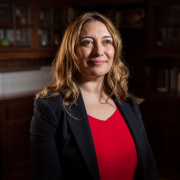
– Romana Rubeo is an Italian writer and the managing editor of The Palestine Chronicle. Her articles appeared in many online newspapers and academic journals. She holds a Master’s Degree in Foreign Languages and Literature and specializes in audio-visual and journalism translation.

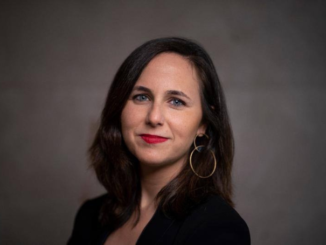
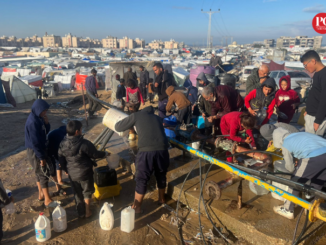
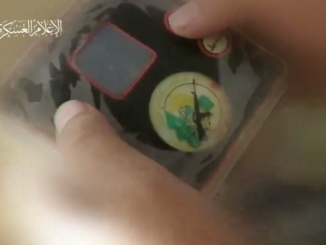




The ancient Greek story of the Golden Fleece has Jason, the hero, sowing a field in dragon’s teeth, and behind him, the dragon’s teeth turned into armed warriors.